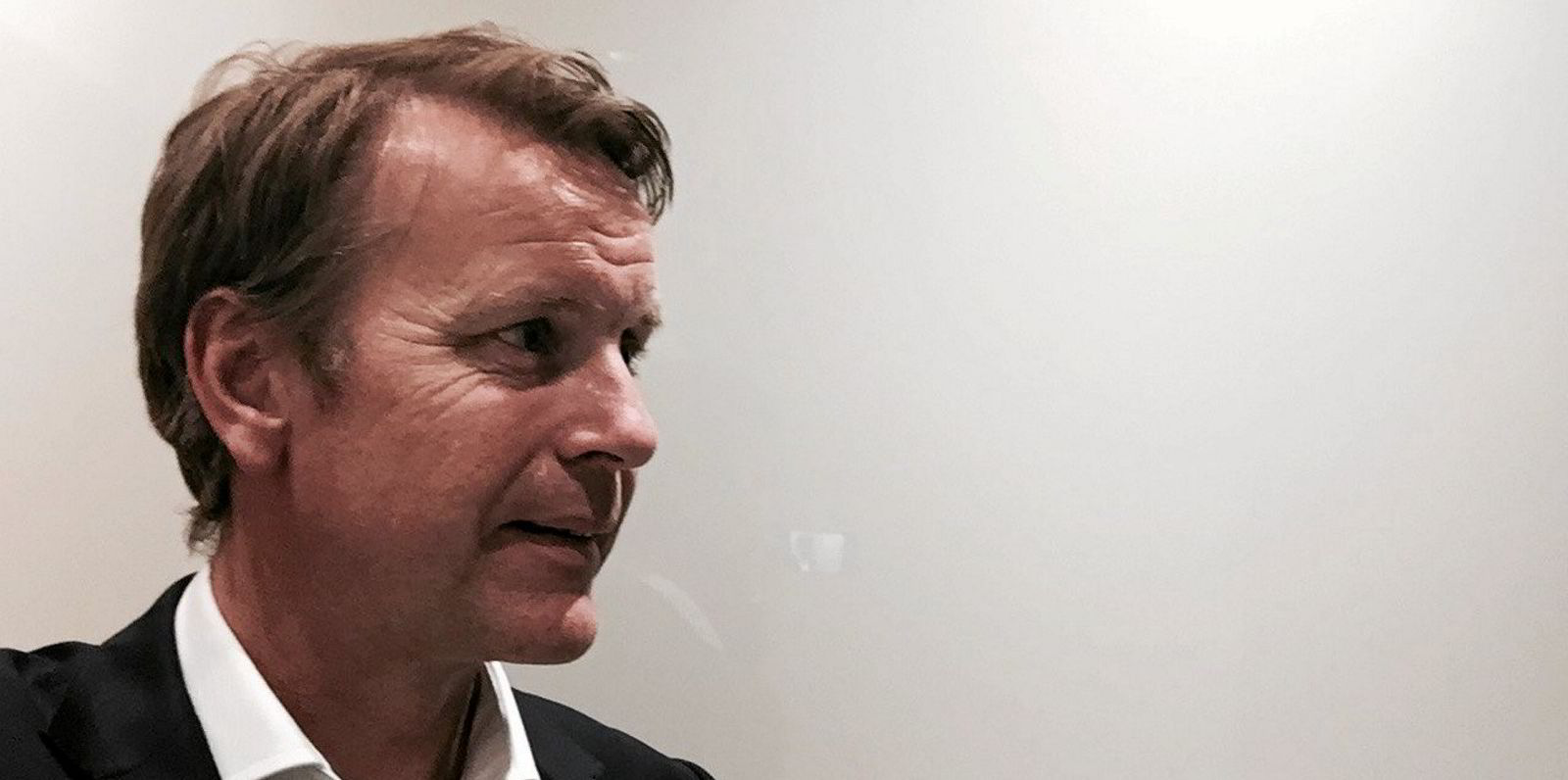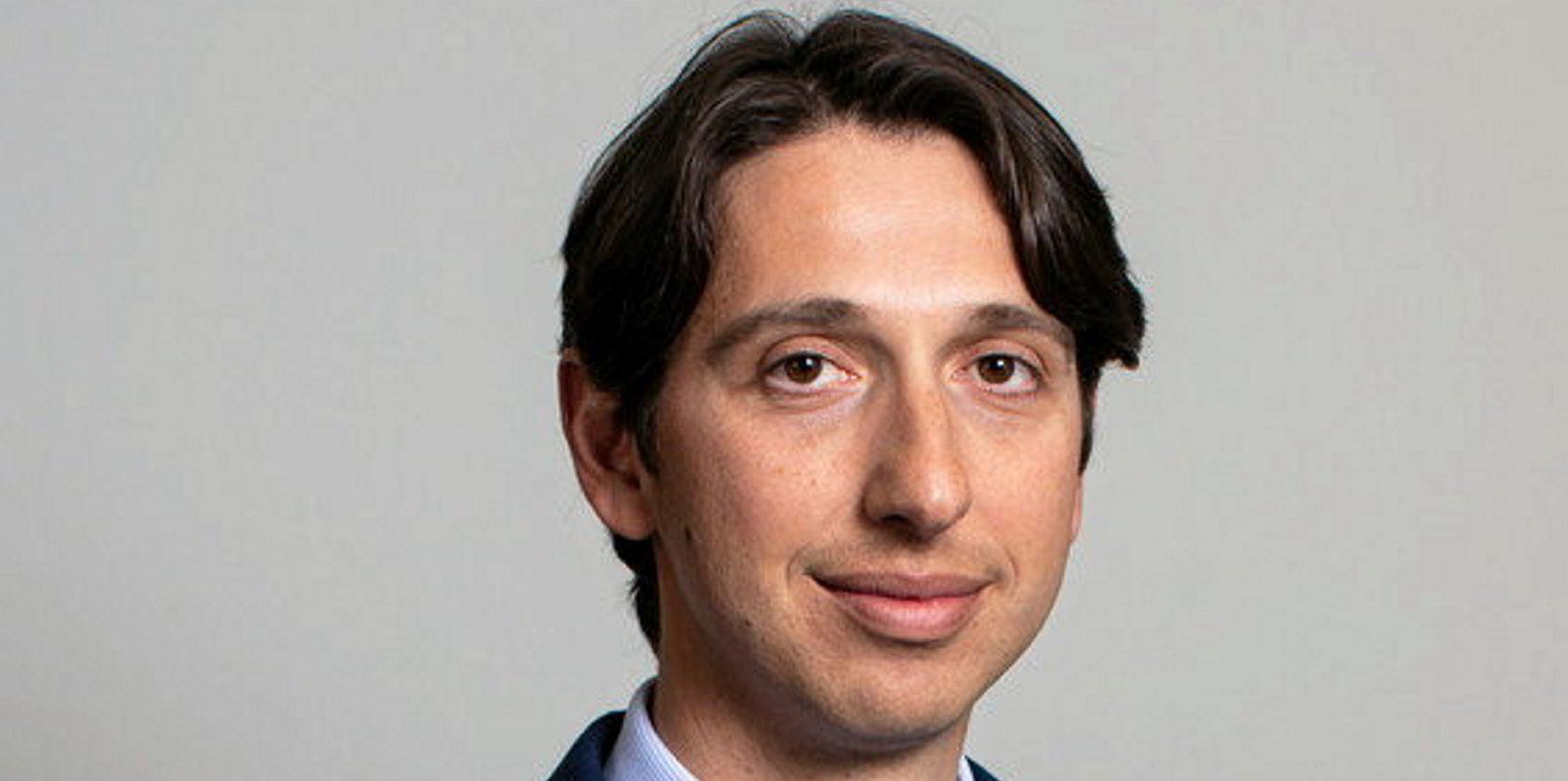Norway's Frontline believes that buoyant period rates for VLCCs suggest tanker owners are moving into an "interesting" phase of the oil market recovery.
Interim chief executive Lars Barstad told TradeWinds that the John Fredriksen-controlled shipowner is seeing firm demand for term charters.
He said spot rates were only about $15,000 per day on the benchmark Middle East Gulf to Asia route.
But he added: "Charterers are there to pay close to $30,000 per day for 12 months' time charter.
'Interesting phase'
"To us, this indicates an expectation from major oil players that we are entering an interesting phase of the recovery in global oil dynamics," Barstad said.
Trader and charterer Trafigura recently came out with a bearish market reading, telling TradeWinds it would reduce its chartered tanker fleet.
But Barstad said: "Traders, oil majors and refiners are showing firm interest in taking in tonnage at current levels."
And he added: "With crude oil prices continuing to rise despite increased supply from Libya and [the] recent announced production hike by Opec+, we as owners are starting to see constructive developments in the tanker market balances after a challenging six months."
Market sources have reported Trafigura as booking a VLCC newbuilding for a year, delivering in May, at $35,000 per day.
Six ships secured
However, in the spot arena, charterers regained the upper hand after Chinese trader Unipec booked six VLCCs at lower rates from the Middle East to China, according to Clarksons Platou Securities.
The investment bank is quoting average VLCC rates at $16,100 per day.
Trafigura, one of the world’s most active tanker charterers, had an average of 160 to 180 crude and product tankers on period charters of three months or longer in the year to 30 September — up from 100 to 120 vessels in the previous year.
Big charter cuts
But the group expects to redeliver more than half of its time-chartered fleet by the end of December.
And Andrea Olivi, Trafigura's global head of wet freight, said it will take substantially fewer tankers in period deals in the current financial year.
"We have a relatively soft near-term outlook for freight. We see low volumes, and we see more and more vessels coming back from floating storage," Olivi told TradeWinds.
Trafigura is a shareholder in Frontline after selling 10 suezmaxes to the Fredriksen company last year for cash and stock.
The trader also has a bunkering joint venture, TFG Marine, with Frontline and another Fredriksen company, Golden Ocean.






